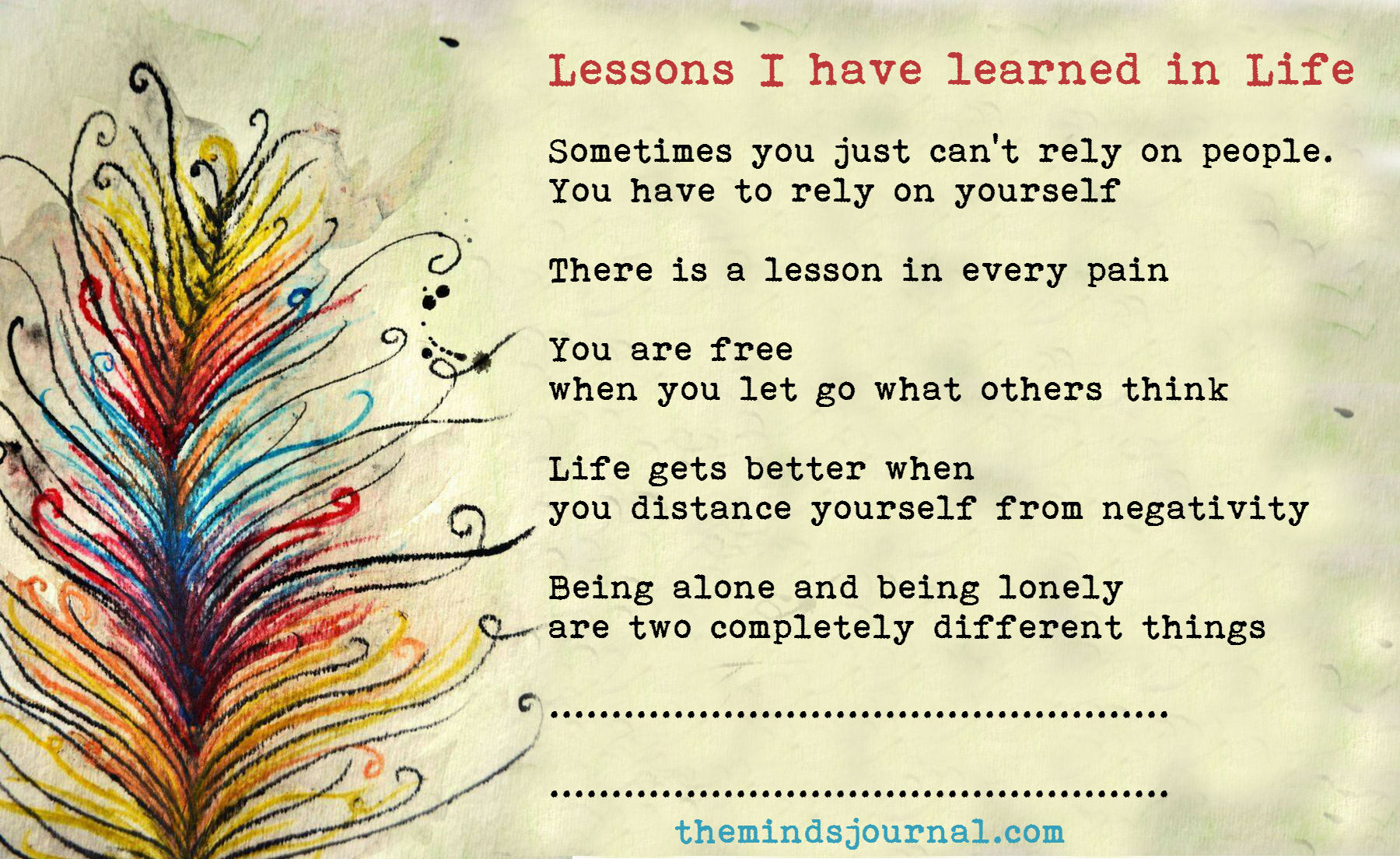Spiritual Awakening of Digital Natives
In our days the Facebook generation has debuted on the revolving stage of life. The Facebook generation started in 1996 with Facebook and its members are born today, too. They are often called ”turn of the Millenium generation,” and the most recent term is ”digital natives.”
They have grown up with the new technologies (computer, mobile phone, Internet), and they are hardly able to imagine their life without these. The services offered by the new technologies are part of their daily life, they are conveniently at home in the online world of the Internet. Belonging to virtual communities (e. g. Facebook) is more important for them than building personal connections.
They spend less and less time reading, and more and more time playing computer games. They are able to occupy themselves with several things simultaneously; they are used to receiving large amounts of information in a short time. But the way they manage information has been transformed, as the vast amounts of information they receive online is overwhelming, and they do not have time to process and arrange it. A lot of it soon loses actuality, so very often people do not remember the information itself, but the way of accessing it. For them, information should be interesting, and not so much its reality or accuracy.
In this way, they receive a lot of information that is unsuited to their age, and they are emotionally unable to cope with it. The rapid stream of information leaves no time for people to process and arrange it; freshly shared information is coming in from minute to minute, and because of the lack of meta-communication, the information itself is often misunderstood.
The human Mind has been conditioned by traditions and social expectations for centuries. The conditioned patterns of behaviour constitute personal identity and provide the foundations for human behaviour.
Nowadays, however, the ”Facebook generation” is a lot more difficult to condition in the old ways, since for them traditions–religious or social–are much less important than these were for the previous generations.
It is closely related with the fact that the mind of the new generation is more open to new things, and the handling of the immense amounts of information requires an entirely new attitude and way of thinking. The safe shelter of traditions is now lost, the openness of the new generations make them exposed and vulnerable in the stream of large amounts of information.
The Collection of our Masks
In our daily life, we tend to cover our real face with a set of masks. Our personal identity is the collection of our various masks. We immediately put on one of those masks whenever we are not alone. Whenever there is another person in the room with us, one of our masks is automatically fixed on our face, matching the situation and the other person.
We ourselves have created these masks unconsciously, under the influence of our parents and teachers, in the course of our life. As a child we made efforts to meet all the innumerable expectations of society reaching us through our parents and teachers. Perhaps the first of these masks is that of the ”good kid” mask, as our conditioned us to the behavioural patterns of a good child. Then, as we grow up, the number of our masks begin to increase steadily.
In our daily life, we need a wide range of masks, as we encounter a large number of different situations and people, and we have a suitable mask for every situation. We tend to behave differently with our boss or with our subordinates, with our children, with our husband and wife, with our friends and with our enemies. Our identity is therefore made up by the collection of our masks that we show to the outside world, and very often we are not even aware of that. These mask were imposed upon us by society, and after a while we begin to identify with the masks. We have eventually completely identified with the masks.
The online world even further increases the number of our masks, as it offers us the possibility to assume a new identity, that is, the online personality. This is the mask that we hold up in front of us when we are online. A lot of us have several of such masks, meeting the demands of the specific online communities we are in connection with. The online masks used in cyberspace play an increasingly important role at the new generation, the Facebook-community when they formulate their own identity.
The online personality is necessary to protect its bearer against the dangers of the new world, or to place the bearer into a position that the individual would never be able to achieve in the real world.
At more and more members of the Facebook generation we witness that they increasingly identify with their online personality. These masks are so closely attached to them, the persons so strongly identify with their masks that they have already forgotten about their original face. It affects the relationship of these people with others.
Supermarket and the Santa Claus Feeling
Our real identity is, however, hidden deeply under these masks. The glue of identification fixes these daily masks on us so powerfully that we feel almost entirely the same as the masks. The insistence of the Facebook-generation on their masks is a lot more powerful than the way most ordinary people stick to their own daily masks.
The reason why they tend to insist on their a masks more powerfully than other people is that these young people do not need to face the disappointments and suffering of the real world, as they can be anyone in the fantasies of the cyberworld. If they dislike any of their online masks, they can quickly make a new one, or they are present in cyberspace with several masks, even opposing ones, at the same time. They submerge into a world that they have themselves created and where their possibilities are endless. That is how they drift farther and farther away from the Miracle, and sink even deeper into a dream, a cyber-dream.
Some young people, however, have already reached the boundaries of that cyber-dreamworld, and they talk about strange experiences.
I have recently read the confessions of two teenage boys about how they see the world now and what their ideas about it are.
One of them says the following:
”I called my experience the supermarket-feeling. Not that it overcomes me in supermarkets only. Sometimes I have it at school celebrations or in the middle of a railway station. I do not think I sense it coming, or it overcomes me because I do one particular thing that triggers it, it simply occurs. Then I am standing there in a supermarket, and lots of people with their shopping trolleys march before me–the whole life. While I am standing there, I feel like crying. There is only one question left in me there, and that is: ’Why?”
The confession of another young person:
”Do you remember, when we were finally told that Santa Claus was not real, it was just a big game, in which everybody participated, parents, teachers, older brothers, absolutely everybody? Just when the big secret was revealed, were we able to return to our normal daily activities, without playing roles and whispering into ears behind the back of others. I saw the world in a similar way. Everything was very mysterious, like a big game, that was the only way it could be, and in no other way. Everybody cooperated, everybody played their role very well. Every human being, the Earth, the oceans and the stars, was involved in the great game. Only I was not; not yet. I unconsciously realized, more and more clearly, that I had to wait for that revelation. I started to hope strongly that I would be able to see through the scene, and then real life would begin for me finally. But, as opposed to the tale of Santa Claus, nobody ever calls you to tall you the secret. I had to make the discovery myself, I was sure. Only then would the confusion in connection with appearance and reality clear up. There is no other way.”
The Awakening of the Facebook Generation
The confessions above indicate that the youngsters unconsciously sensed that the masks–no matter how ordinary they are–false, they do not belong to these masks, and it is not the masks that constitute their real identity. They also sensed that nobody was going to show them the way out of the mental confusion in connection with appearance and reality, and they themselves had to find it.
If you also belong to the Facebook generation, it is essential to pay attention to these emotions and do not just disregard them offhand.
These emotions show that the Consciousness that is dormant in your present state of ordinary consciousness, begins to wake up, and no longer identifies with the forms and shapes.
This awakening means that your nicely constructed and allegedly impenetrable personal identity begins to crumble and you find yourself in an empty space, where you are able to witness the dance of forms and shapes like an external observer. This is experiencing the Miracle, the witnessing Presence.
This experience, this Presence is the gate you may step through towards the Miracle, to the quiet of your real Self. That is why it is important that you should not be scared of that experience, do not begin to rebuild your former identity, do not be closed into the ordinary ways of the mind. Remain in the experience, and submit to the Miracle of Consciousness!
From the book: Frank M. Wanderer: The Biggest Obstacle to Enlightenment: How to Escape from the Prison of Mind Games?









Leave a Reply